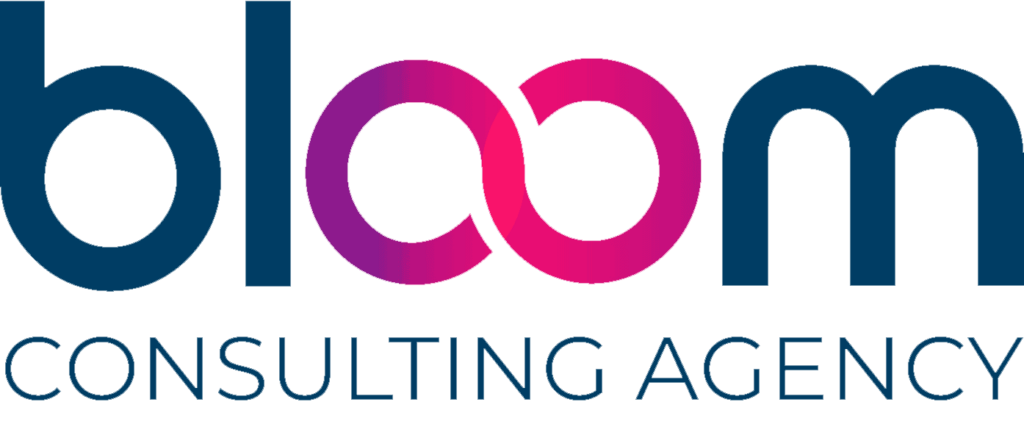Maintaining regulatory compliance in any business is imperative. However, in the healthcare industry, it is essential that businesses follow state, federal and international laws. After all, healthcare regulations change on a regular basis. Staying educated, informed, and aware will save your businesses money instead of falling prey to expensive fines, lawsuits, and liability costs.
Small wonder, then, why regulatory compliance ranks amongst the most important factors when running a business. A professional and experienced administrative team needs to be on their toes to adapt to and enforce protocols to stay in compliance.
What is regulatory compliance?
The definition of regulatory compliance maintains that a business complies with state, federal, and international rules and regulations governing the industry. Depending on the type of business, rules and regulations can vary, but all rules and regulations are set to ensure safety, integrity, and ethical business protocols.
Yes, regulatory changes can be challenging, but they must be the top priority of any business. Regulatory compliance comes from external sources, as opposed to the internal rules and protocols companies design for themselves.
Examples of regulatory compliance standards that have been set in today’s business communities are:
- HIPAA – The US Health Insurance Portability and Accountability Act of 1996
- The Sarbanes-Oxley Act of 2002
- European Unions’ General Data Protection Regulation of 2016
- The Clean Air Act
- Employee Wage and Hours Rules
Over the long run, keeping up with regulations can save money for businesses. It can also protect them from substandard business practices. A failure, meanwhile, to comply with the rules and regulations of any industry can result in costly consequences. Fines, lawsuits, and loss of reputation can be unrecoverable for those found in noncompliance with the law. Therefore, maintaining checks and balances to keep up with compliance is of the utmost importance.
Why is regulatory compliance important?
Regulatory compliance is important for companies because the alternative can cost businesses much more than money. Designing security policies and building a compliance plan that can identify changes quickly and track down potential problem areas must be foremost in a company’s business plan. The reputational damage suffered from lawsuits, fines, and security breaches can cause businesses to lose trust within the community.
And so, regulatory compliance professionals are a must have for today’s businesses. After all, regulatory changes can occur daily, and monitoring those changes requires teamwork and a solid, well-educated leader. Thomson Reuters Regulatory Intelligence (TRRI) rates compliance in business as the most challenging aspect of businesses today. Compliance officers can spend up to 15% of their efforts on tracking regulatory changes. Not to mention, after pinpointing regulation changes, the challenge of implementing new practices to follow new guidelines is imperative.
Ways to Stay in Compliance
Ways to stay in compliance involve full time awareness and education. They also involve planning for the compliance officer or team, though that depends on the size of the business. Protecting the company with a solid compliance plan involves many aspects of the workplace. A solid plan needs to be designed to keep the company in compliance through all changes that occur. To this end, following industry standards is essential for a business interested in maintaining a high level of compliance.
The steps that can be taken to stay in compliance are:
- Continual monitoring of changes in the regulations and ordinances governing the specific industry. An educated and trained professional compliance officer or CCO must implement strong standards to keep the company in good standing.
- A compliance audit can reveal weaknesses in security and identify problems. Establishing baselines in compliance helps build strong and compliant business standards.
- Education of employees to maintain safety and security and meet the guidelines of regulatory compliance. Educating staff about the importance of staying compliant is vital for success.
- Fostering a relationship between the security team and the legal department forces a strong front. It also shows teamwork in staying compliant within the company.
- Maintain company policies and procedures that enforce an attitude of concern across all departments when it comes to staying compliant.
Benefits of Regulatory Compliance
The benefits of compliance for any business reveals a high level of integrity within the business. Customers, suppliers and other community liaisons base their judgments and decisions of doing business with businesses by building trust and finding referrals based on reputations. Prospective business clients look to the security and strength of a business and search out companies who maintain strict regulatory compliance. Maintaining strict regulatory compliance affects revenues.
Need more information about regulatory compliance in South Florida?
If your business or organization is in South Florida or you do business with companies in the area, contact Bloom for answers to your individual questions concerning regulatory compliance. We handle many aspects of running a business and may be able to guide you to the answers you are looking for. We are professional consultants who can offer interesting, helpful and pertinent facts you may need to know when thinking of regulatory compliance. Contact us with your questions today!










